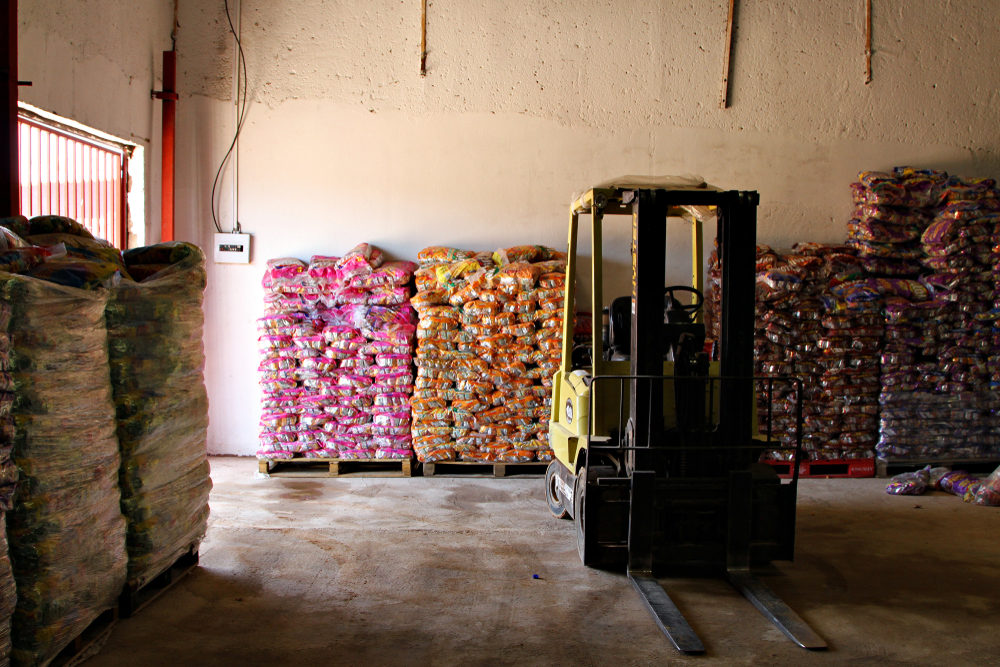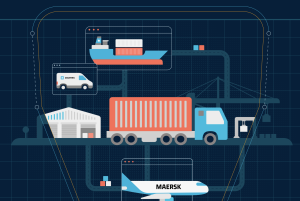 In the second of his two-part article, multi award winning global entrepreneur and strategist, and advisor to Presidents and Heads of State across the world, H.E Prof. Dr. Ambassador Tal Edgars, gives his views on the potential for sustainable and inclusive growth in Africa that lies in the $3,4 trillion borderless market created by the African Continental Free Trade Area (AfCFTA) agreement.
In the second of his two-part article, multi award winning global entrepreneur and strategist, and advisor to Presidents and Heads of State across the world, H.E Prof. Dr. Ambassador Tal Edgars, gives his views on the potential for sustainable and inclusive growth in Africa that lies in the $3,4 trillion borderless market created by the African Continental Free Trade Area (AfCFTA) agreement.
Reliable transport and utilities infrastructure is vital in terms of the ability of the Industrials, Manufacturing and Transportation (IMT) sector to scale up production for regional export and to develop its manufacturing bases. To improve transport infrastructure in Africa, large projects have been announced or are in progress, including, for example, the Trans-Maghreb Highway in North Africa, and the North-South Multimodal Corridor, connecting extensive parts of Southern Africa, as well as the Central Corridor project and the Abidjan-Lagos Corridor Highway project.
Africa needs an adequate supply of water and electricity to increase production capacity and incentivise foreign companies to set up facilities on the continent – energy and utilities infrastructure is direly needed across African jurisdictions. Domestic policy changes that address these issues are therefore playing a crucial role in disruption-proofing Africa’s supply chains at present.
Improving manufacturing capacity is a key way to remove reliance on global supply chains. AfCFTA’s USD 3,4 trillion opportunity (2021 AfCFTA report) looked at African imports from outside the continent and revealed that manufactured products, industrial machinery and transport equipment constituted over 50% of Africa’s combined needs. Currently, Africa’s external imports account for more than half of the total volume of imports, with the most important suppliers being Europe (35%), China (16%) and the rest of Asia including India (14%). By contrast, imports from other parts of Africa account for only 16% of total merchandise imports. Manufacturing GDP represents on average only 10% of GDP in Africa. This means that limited production capabilities within Africa are currently being compensated for, through imports. This manufacturing deficit could be eventually satisfied within the continent and enabled by AfCFTA.
In terms of rapid global digitisation, a sophisticated legal and regulatory framework that enables digital transactions is vital for full participation in global digital trade, which is expected to play a leading role in a post-pandemic trade environment. The trade-in services, for example, is an especially pertinent area of focus for all countries in Africa and could represent a way to overcome the current production and supply chain limitations that threaten to hold up the Africa-wide trade in goods. Because a service can either be traded directly or serve as an input into the production process of a product, the liberalisation of trade in services is not as hindered by the current infrastructural or logistic deficit as the trade in goods. In this way, Africa’s service trade sector can benefit from bypassing the industrialisation phase.
The 2021 AfCFTA report shows that the trade in services in general, currently accounts for over half of gross value added in Africa. To fully realise its benefits, however, there needs to be a better understanding among policymakers of the important role that services can play in regional value chains. This will allow the continent to address the structural constraints on growth in these sectors. The report notes that easing restrictions on foreign government policy throughout the continent will increase the flow of service trade between countries. For example, allowing more access to information and telecommunications systems would encourage companies to enter new markets. Further, lowering the cost of access and usage of communication and fortifying network security will encourage businesses to set up or ramp up operations in the continent.
Addressing infrastructure shortfalls, boosting manufacturing capacity, and leveraging the benefits of digitisation will add strong links to Africa’s regional supply chain, ensuring it can withstand breakages and disruption.
By H.E Prof. Dr. Ambassador Tal Edgars, Group Executive Chairman, GBSH Consult Group, Washington DC, USA and Johannesburg, South Africa.



























